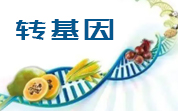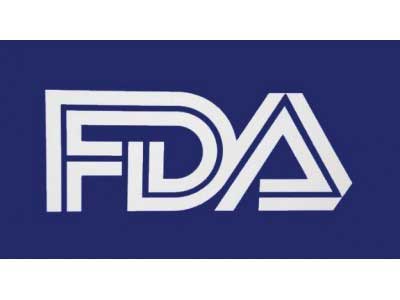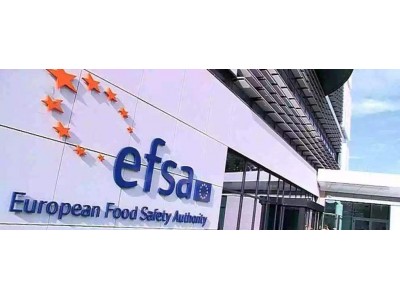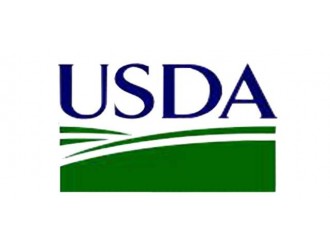сђђсђђТЇ«С║єУДБ№╝їУ┐ЎуДЇжБЪтЊЂжЁХТў»ућ░Чa href='//www.sqrdapp.com/news/tag_462.html' class='zdbq' title='жЮъУйгтЪ║тЏауЏИтЁ│жБЪтЊЂУхёУ«»' target='_blank'>жЮъУйгтЪ║тЏауйЌС╝іТ░јЧa href='//www.sqrdapp.com/news/tag_2941.html' class='zdbq' title='С╣│ТЮєУЈїуЏИтЁ│жБЪтЊЂУхёУ«? target='_blank'>С╣│ТЮєУЈІЧ/a>УЈїТаф48/72ућЪС║Дуџё№╝їТЌетюеућеС║јТЌЦТюгТИЁжЁњућЪС║ДуџёжЁ┐жђаУ┐ЄуеІСИГсђЂЧ/div>
сђђсђђТа╣ТЇ«ТЅђТЈљСЙЏуџёТЋ░ТЇ«№╝їУ»ёС╝░т░Ју╗ётЙЌтЄ║у╗ЊУ«║№╝їУ┐ЎуДЇжБЪтЊЂжЁХтюежбёТюЪСй┐ућеТЮАС╗ХСИІСИЇС╝џт╝ЋУхит«ЅтЁежЌ«жбў№╝їСйєт»╣уА«т«џуџёУ┐ЄТЋЈтјЪУ┐ЄТЋЈуџёСИфСйЊжЎцтцќсђѓжЃетѕєтјЪТќЄТіЦжЂЊтдѓСИІ№╝џ
сђђсђђThe food enzyme urease (urea amidohydrolase EC 3.5.1.5) is produced with the non-genetically modified Limosilactobacillus reuteri strain 48/72 by Nagase (Europa) GmbH. The food enzyme is intended to be used in brewing processes for the production of Japanese sake. Dietary exposure to the food enzymeеCtotal organic solids (TOS) was estimated to be up to 0.009 mg TOS/kg body weight per day in European populations. The production strain of the food enzyme fulfils the requirements for the Qualified Presumption of Safety approach to safety assessment. As no other co
ncerns arising from the manufacturing process have been identified, the Panel co
nsidered that toxicological tests were not needed for the assessment of this food enzyme. A search for similarity of the amino acid sequence of the food enzyme to known allergens was made and no match was found. The Panel notes that the food enzyme co
ntains a known allergen. Therefore, allergenicity cannot be excluded. ba
sed on the data provided, the Panel co
ncludes that this food enzyme does not give rise to safety co
ncerns under the intended co
nditions of use, except for individuals sensitised to the identified allergen.
сђђсђђ
ТюгТќЄућ▒жБЪтЊЂС╝ЎС╝┤уйЉжБЪтЊЂУхёУ«»СИГт┐Ѓу╝ќУЙЉ№╝їТюЅС╗╗СйЋуќЉжЌ«№╝їУ»иУЂћу│╗news@www.sqrdapp.comсђЂЧ/span>
уЏИтЁ│Тћ┐уГќУДБУ»╗











 тю░тї║№╝ЎЧ/font>
тю░тї║№╝ЎЧ/font>

 ТгДуЏЪУ»ёС╝░УйгтЪ║тЏаујЅу▒│MO
ТгДуЏЪУ»ёС╝░УйгтЪ║тЏаујЅу▒│MO
 ТгДуЏЪУ»ёС╝░СИђуДЇж║дУійу│ќТиђ
ТгДуЏЪУ»ёС╝░СИђуДЇж║дУійу│ќТиђ уЙјтЏйТІЪТњцжћђУІЦт╣▓УѓЅу▒╗тЈЅЧ/a>
уЙјтЏйТІЪТњцжћђУІЦт╣▓УѓЅу▒╗тЈЅЧ/a> ж▓ЂтЁгуйЉт«Ѕтц 37060202000128тЈХЧ/a>
ж▓ЂтЁгуйЉт«Ѕтц 37060202000128тЈХЧ/a>



